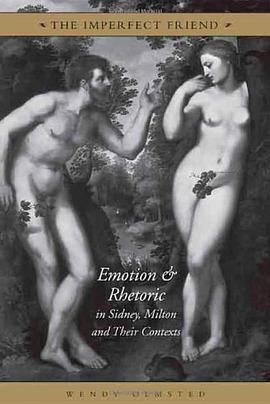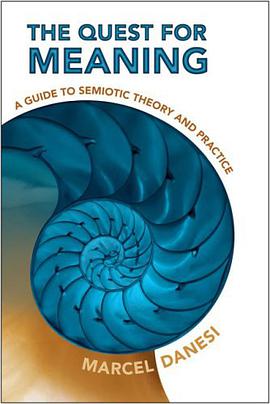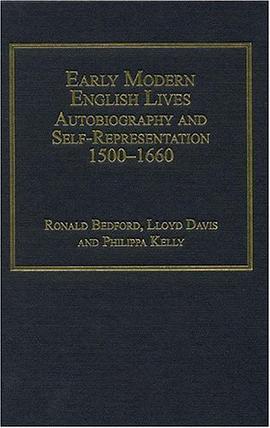

具体描述
Many writers in early modern England drew on the rhetorical tradition to explore affective experience. In The Imperfect Friend, Wendy Olmsted examines a broad range of Renaissance and Reformation sources, all of which aim to cultivate 'emotional intelligence' through rhetorical means, with a view to understanding how emotion functions in these texts. In the works of Sir Philip Sidney (1554-1586), John Milton (1608-1674), and many others, characters are depicted conversing with one another about their emotions. While counselors appeal to objective reasons for feeling a certain way, their efforts to shape emotion often encounter resistance.This volume demonstrates how, in Renaissance and Reformation literature, failures of persuasion arise from conflicts among competing rhetorical frameworks among characters. Multiple frameworks, Olmsted argues, produce tensions and, consequently, an interiorized conflicted self. By situating emotional discourse within distinct historical and socio-cultural perspectives, The Imperfect Friend sheds new light on how the writings of Sidney, Milton, and others grappled with problems of personal identity. From their innovations, the study concludes, friendship emerges as a favourite site of counseling the afflicted and perturbed.
作者简介
目录信息
读后感
评分
评分
评分
评分
用户评价
相关图书
本站所有内容均为互联网搜索引擎提供的公开搜索信息,本站不存储任何数据与内容,任何内容与数据均与本站无关,如有需要请联系相关搜索引擎包括但不限于百度,google,bing,sogou 等
© 2026 book.wenda123.org All Rights Reserved. 图书目录大全 版权所有




















